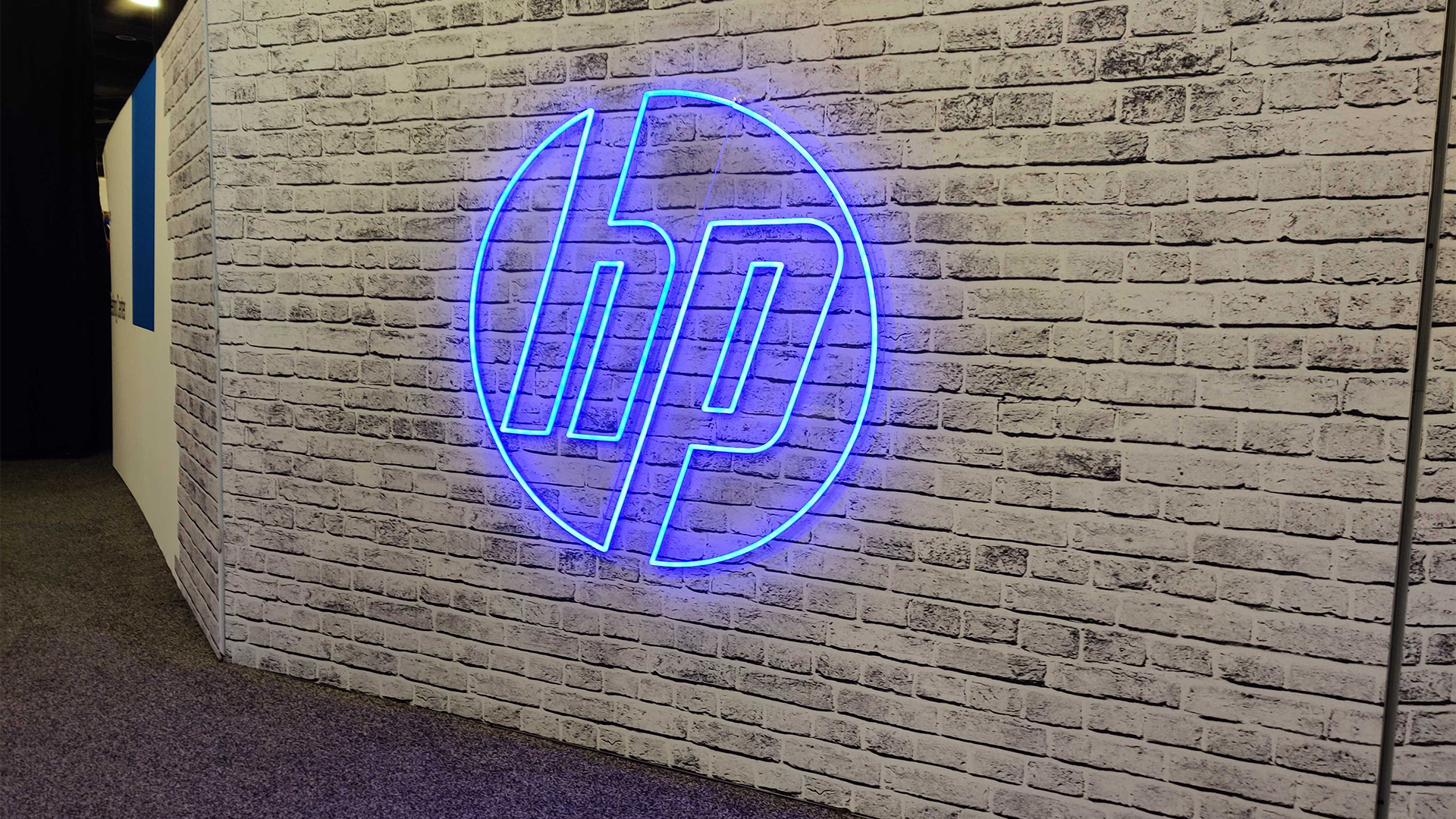Cloud-native tools are becoming more popular in Europe than the US
As demands have matured, observability, sustainability and the need for open source must be catered to


Companies across Europe are now adopting cloud-native technologies faster than companies in the US, but with specific demands in mind, according to a new study.
RELATED RESOURCE

Data suggests that Kubernetes and container use is now more common within Europe, as organisations look to firm up cloud-native technologies, with recent findings showing that 75% of back-end developers in Western Europe used containers in 2021, up 13% on the previous year and ahead of the US figure of 60%.
In contrast, demand for serverless architecture has plateaued, as firms seek to address specific market demands, while avoiding potential technical debt or vendor lock-in. Indeed, as cloud-native tools are more widely adopted, container migration services are becoming more widespread across the region, to assist enterprises in strategically scaling cloud-native technologies.
The figures were revealed as part of the 2022 ISG Provider Lens™ Cloud Native Services and Solutions report, published by tech advisory firm Information Services Group (ISG) on Friday.
As the market for cloud-native technologies matures, European businesses are increasingly seeking multi-cloud tools and mixed premises storage to address problems such as data sovereignty, with providers now moving to back up clients in meeting individual regulatory requirements.
Greater observability was identified as both a common goal among European businesses, and one that is increasingly complex. Cloud strategies increasingly extend to include DataOps, FinOps and SecOps, and maintaining full-stack observability is a key concern for decision-makers. A recent Dynatrace study revealed that 71% of CIOs worry their cloud complexity exceeds human ability, with 97% identifying various implementation barriers as preventing full-stack observability from being achieved.
As an extension of this demand for observability, firms are also seeking cloud-native tools with which they can measure their carbon impact. The concept of tracking carbon emissions to achieve software sustainability is growing in popularity among firms, and offers such as Google Cloud’s sustainability expansions offer cloud partners new ways to measure their carbon footprint.
Get the ITPro daily newsletter
Sign up today and you will receive a free copy of our Future Focus 2025 report - the leading guidance on AI, cybersecurity and other IT challenges as per 700+ senior executives
Businesses are also relying more than ever on open source solutions, acknowledging that even commercial platforms such as those offering cloud security will necessarily integrate with open source solutions such as Prometheus. At the same time, firms recognise the need for ‘best of breed’ open source solutions, and programs such as Google’s Assured Open Source Software service to ensure that implementation does not compromise security.
The Cloud Native Computing Foundation (CNCF) states that the most popular certified Kubernetes platforms within Europe were Amazon EKS, Azure Kubernetes Service (AKS) and Google Kubernetes Engine (GKE).
“As enterprises pursue cloud-native strategies, many are tapping into the strengths of different public clouds, along with on-premises and edge environments,” said Bernie Hoecker, partner, enterprise cloud transformation, with ISG.
“This may make their architectures even more complex, but it helps them avoid technical debt or lock-in.”
The report also assessed the capabilities of 65 providers across five quadrants: managed container services, container platform solutions, hyperscaler cloud-native platforms, cloud-native observability solutions, and cloud-native security platforms. VMWare was named a leader in three of these quadrants, while Azure, AWS, and Google were all named leaders in hyperscaler cloud-native platforms, indicative of the rival firms’ strong competition at the top of the market.

Rory Bathgate is Features and Multimedia Editor at ITPro, overseeing all in-depth content and case studies. He can also be found co-hosting the ITPro Podcast with Jane McCallion, swapping a keyboard for a microphone to discuss the latest learnings with thought leaders from across the tech sector.
In his free time, Rory enjoys photography, video editing, and good science fiction. After graduating from the University of Kent with a BA in English and American Literature, Rory undertook an MA in Eighteenth-Century Studies at King’s College London. He joined ITPro in 2022 as a graduate, following four years in student journalism. You can contact Rory at rory.bathgate@futurenet.com or on LinkedIn.
-
 Bigger salaries, more burnout: Is the CISO role in crisis?
Bigger salaries, more burnout: Is the CISO role in crisis?In-depth CISOs are more stressed than ever before – but why is this and what can be done?
By Kate O'Flaherty Published
-
 Cheap cyber crime kits can be bought on the dark web for less than $25
Cheap cyber crime kits can be bought on the dark web for less than $25News Research from NordVPN shows phishing kits are now widely available on the dark web and via messaging apps like Telegram, and are often selling for less than $25.
By Emma Woollacott Published
-
 HP’s sustainability drive is paying off for channel partners
HP’s sustainability drive is paying off for channel partnersNews Channel partners that bought into HP’s sustainability program saw sales increase as customers react positively
By Solomon Klappholz Published
-
 Beyond the upgrade: How to maximize IT investments and minimize waste
Beyond the upgrade: How to maximize IT investments and minimize wasteHow to maintain optimal performance and productivity with your fleet of hardware and stave off the next upgrade cycle for a bit longer
By ITPro Published
-
 Energy efficiency and sustainability demands are transforming IT strategy
Energy efficiency and sustainability demands are transforming IT strategywhitepaper How Dell Technologies innovations are leading the way in energy effiency and sustainability
By ITPro Published
-
 Energy efficiency and sustainability demands are transforming IT strategy
Energy efficiency and sustainability demands are transforming IT strategywhitepaper How Dell Technologies innovations are leading the way in energy effiency and sustainability
By ITPro Published
-
 Creating successful supply chain planning transformations in the consumer industry
Creating successful supply chain planning transformations in the consumer industryWhitepaper Think differently about SCP transformations and, in doing so, move into a better future for supply chains
By ITPro Published
-
 Better together
Better togetherWhitepaper Achieve more with Windows 11 and Surface
By ITPro Published
-
 Transforming the enterprise
Transforming the enterpriseWhitepaper With Intel and CDW
By ITPro Published
-
 Your guide to smarter printing: 2024 edition
Your guide to smarter printing: 2024 editionWhitepaper Making smarter printing simple for all businesses
By ITPro Published